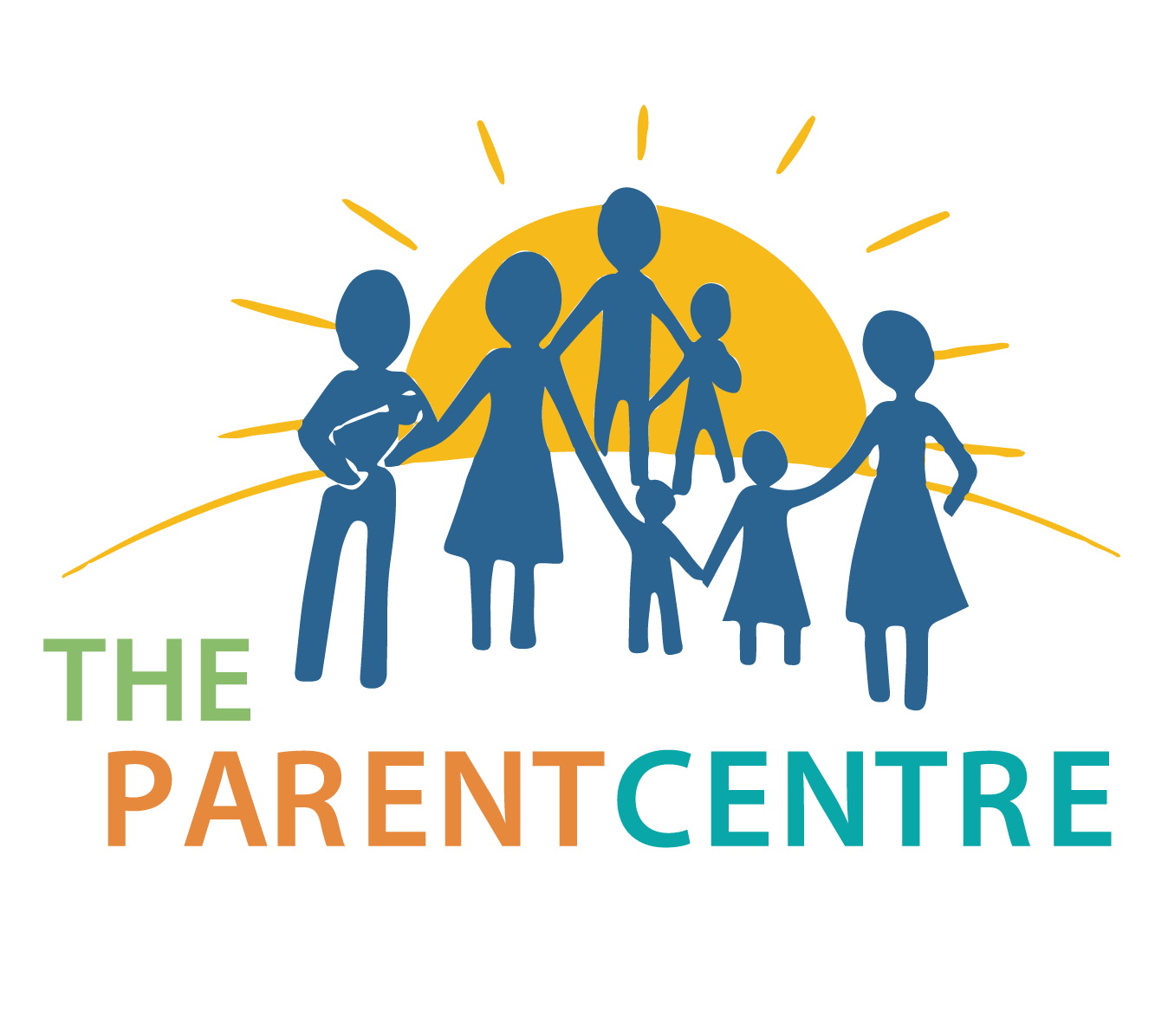September was Infant Mortality Awareness Month.
South Africa has a worryingly high infant mortality rate and here at The Parent Centre we are committed to providing crucial support to vulnerable mothers.
Infant mortality is defined as the loss of a child before their first birthday and according to the World Health Organisation (WHO), Sub-Saharan Africa has the highest neonatal mortality rate globally, with 27 deaths per 1000 live births.
Sadly, a child born in this region is ten times more likely to pass away within their first month than a child born in a high-income country.
Factors that contribute to high infant mortality
A lack of education, acute poverty, and factors such as improper infant care practices, can contribute to this heart-wrenching issue.
TPC’s Parent Infant Attachment Counsellor, Debbie Meyer, maintains that knowledge, support, and access to resources are key to reducing South Africa’s infant mortality rate.
Meyer works with mothers from underprivileged backgrounds, mostly in the Mitchells Plain (Western Cape) area, and has witnessed the raw reality of infant mortality, which is especially prominent in South Africa’s poorer communities.
Our Infant Programme, which includes grief and loss counselling advice sessions, aims to empower mothers with better understanding and emotional assistance during these challenging times.
These sessions are provided free of charge in disadvantaged areas, specifically targeting at-risk individuals, vulnerable mothers, drug abusers, teenage pregnancies, single mothers, or those who have suffered previous losses.
Meyer emphasises that lack of pre and post-natal knowledge is a significant factor contributing to South Africa’s high infant mortality rate, with a notable prevalence of sudden infant death syndrome (SIDS) or cot death.
Further to this she says she comes across a lot of parents who don’t get their children immunised.
“Our Infant Programme plays a crucial role in addressing these issues. It encompasses prenatal care and comprehensive preparation for the possibility of infant loss. Through a series of antenatal sessions, mothers are educated on various birthing scenarios, including vaginal deliveries and caesarean births. Additionally, the programme sensitively guides mothers through the challenging topic of stillbirth and child loss, ensuring they are informed about their rights and options.”
In the event of a stillbirth or infant loss, The Parent Centre Infant Programme continues to support the mother, with grief counselling sessions, typically offered over a four-week period.
“These sessions are tailored to the mother’s needs, helping them to navigate the stages of grief, from shock and denial to acceptance, following the waves of grief model,” explains Meyer.
Although not registered counsellors the Parent-Infant team can refer clients to the Parent Centre’s registered team of therapists that form part of the Counselling Programme.
Navigating the Heartache
Grief is a journey that spans approximately two years, and The Parent Centre acknowledges the significance of expressing one’s emotions. Families are encouraged to create memory boxes containing footprints, locks of hair, photographs, or outfits to honour and remember their lost child.
“Lighting a candle is a symbolic gesture to signify mourning and request privacy during these moments of reflection,” says Meyer, who underscores the importance of choices in the grieving process.
“Grief can arise from various circumstances, including adoption, neonatal death, termination due to foetal abnormality, and miscarriage. Mothers must be armed with all the facts, for every possible eventuality.”
A lack of this crucial support can have dire consequences, potentially leading to depression and substance abuse as a coping mechanism.
Part of having access to the right tools and additional help includes seeking out mental health clinics and support groups. “I’ve seen young mothers who have neglected their mental health after the loss of a child, and sadly, things only get worse for them. That’s why talking it out, and getting the right counselling is so important,” says Meyer.
Three steps to help with child loss and grief
- Get it out: Talk to someone you are comfortable with. It is vital for mothers to openly discuss their lost child, including referring to them by name, as it aids in the closure process.
- Find more information: Reach out to an organisation that specialises in grief support or access online resources. Understanding the stages of grief and creating memory boxes can provide comfort and healing during this challenging journey.
- Seek counselling: Getting professional help can help you navigate the grieving process effectively. Do not neglect your mental health at this time.
